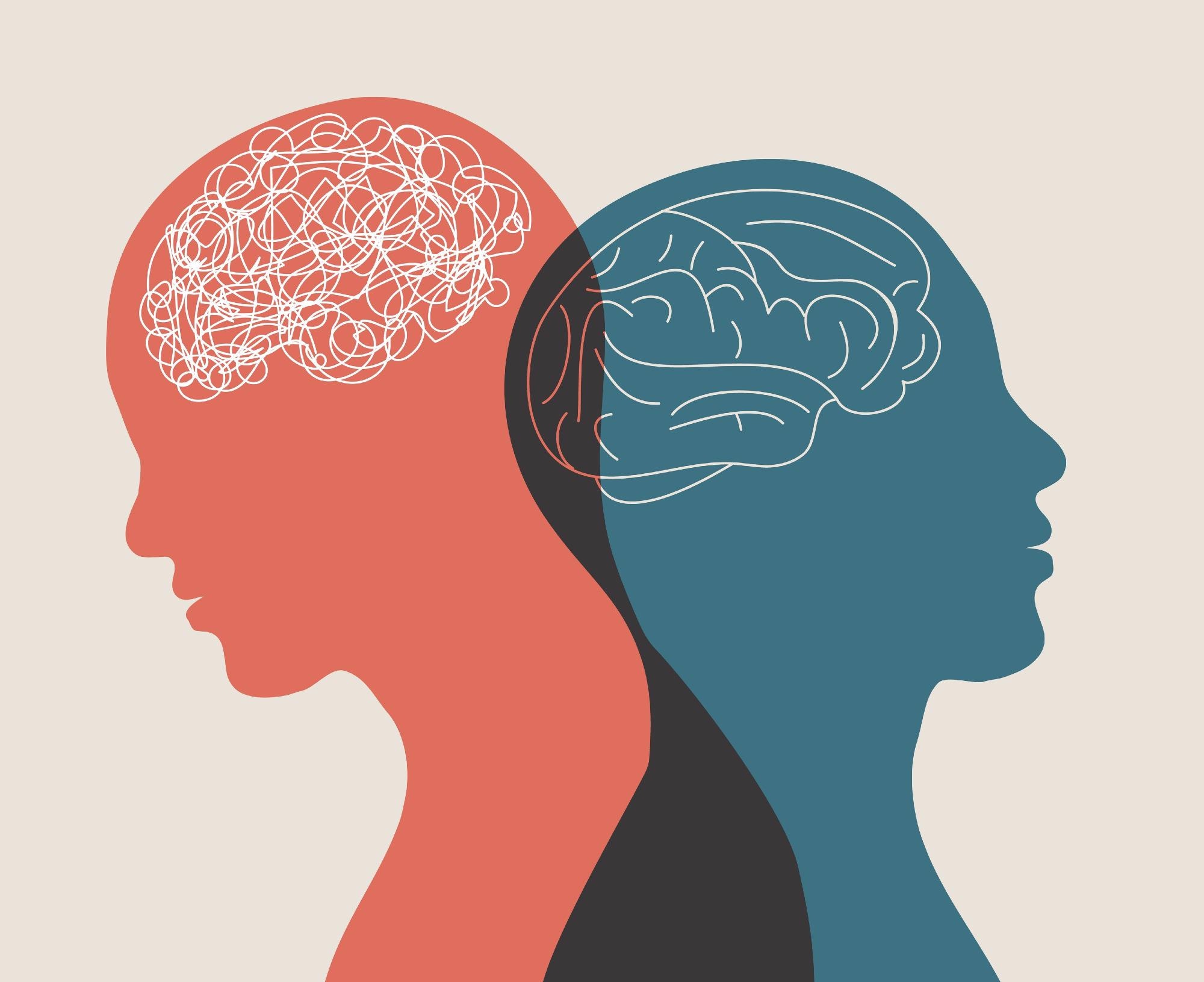Accessing Top-tier Mental Health Services Made Easy
Accessing Top-tier Mental Health Services Made Easy
Blog Article
Understanding the Effect of Workout on Mental Wellness and General Wellness
In the realm of mental wellness and total wellness, the value of workout is a multifaceted topic that calls for expedition. Beyond its physical advantages, the impact of workout on one's psychological health and wellness has actually been a subject of expanding rate of interest and research study. The complex interplay between exercise and emotional health unveils a spectrum of positive results that expand far beyond the confines of a gym or a running track. As we browse with the intricacies of this relationship, a much deeper understanding of just how exercise influences our frame of mind and general health arises, losing light on the profound ramifications it holds for our lives and lasting health.
Advantages of Workout on Mental Health And Wellness

Routine physical workout has actually been shown to considerably boost mental health end results in individuals of all ages. Engaging in routine exercise not only benefits physical well-being yet also plays a vital role in enhancing mental wellness.
Additionally, workout has been connected to boosted cognitive function and overall brain health (Mental Health Services). Researches have actually shown that normal exercise can boost memory, decision-making, and focus skills. It can also contribute to a reduction in the risk of cognitive decline as individuals age. In addition, workout advertises better rest patterns, which are necessary for keeping excellent psychological health.

Link In Between Workout and Stress And Anxiety
Workout works as a powerful system for minimizing stress and anxiety and promoting mental well-being by promoting the launch of endorphins and fostering a feeling of leisure and restoration. When stress levels rise, the body's fight-or-flight response is activated, leading to raised cortisol degrees. Normal physical activity aids counteract this action by lowering cortisol levels, which in turn reduces stress. Moreover, exercise advertises the manufacturing of endorphins, often referred to as the body's all-natural pain relievers, which serve as state of mind elevators and tension relievers - Mental Health Services.
Taking part in physical task likewise uses a disturbance from day-to-day stress factors, enabling individuals to concentrate on the existing moment instead than pondering on sources of anxiety. Furthermore, exercise can boost self-worth and self-confidence, giving a sense of achievement and control that can battle feelings of helplessness typically related to stress and anxiety. By including exercise into a regular routine, people can successfully take care of anxiety degrees, leading to enhanced mental health and overall high quality of life.
Impact of Workout on State Of Mind
The partnership between workout and mood is well-documented, with various researches highlighting the favorable results of physical task on psychological health and wellness. Additionally, routine exercise can lead to enhanced self-esteem and a feeling of achievement, which can even more enhance one's overall mood.
Additionally, the effect of workout on state of mind prolongs past just the instant post-workout duration. Study recommends that individuals who preserve a constant exercise regimen are much more likely to experience long-lasting improvements in their mood and emotional state. This can be credited to the architectural adjustments in the mind that take place as a result of normal exercise, such as raised connectivity between brain regions responsible for controling feelings.
Exercise and Cognitive Function
Countless researches have shown the significant effect of physical activity on cognitive feature, highlighting the elaborate partnership between exercise and psychological procedures. Involving in routine exercise has been shown to improve different facets of cognitive feature, consisting of memory, interest span, analytical abilities, and overall psychological acuity.
In addition, regular exercise this link has been linked to a reduced risk of cognitive decrease and neurodegenerative illness such as Alzheimer's. Research studies suggest that people that preserve an active lifestyle throughout their lives experience slower rates of cognitive decline contrasted to those that are sedentary. In general, the proof overwhelmingly supports the idea that routine workout is not only valuable for physical health but also plays a try here crucial duty in preserving and enhancing cognitive function.
Techniques for Including Exercise
Adopting an organized strategy to integrating physical task right into everyday regimens can dramatically improve the chance of preserving a regular exercise regimen. One reliable strategy is to set specific, possible objectives. These goals need to be sensible and customized to individual abilities to stop sensations of failing and make sure inspiration. Furthermore, including workout into existing regimens, such as strolling or cycling to work, taking the stairs rather of the elevator, or scheduling normal exercise sessions, can help make exercise a habitual part of day-to-day live.
Another useful tactic is to find tasks that are satisfying. Whether it's dance, cycling, swimming, or yoga exercise, taking part in activities that bring satisfaction raises the possibilities of sticking to the workout routine over time. In addition, differing the types of exercises and reserving time for both cardiovascular and strength-training tasks can prevent dullness and provide an all natural method to physical health and fitness.
Integrating workout right into social tasks, such as signing up with a sports team or exercise group, can additionally cultivate a feeling of community support and liability, making it less complicated to remain devoted to routine workout. By applying these strategies, individuals can develop a lasting and fulfilling workout important site routine that promotes psychological health and wellness and overall health.
Conclusion
In conclusion, exercise has many advantages for mental wellness and overall wellness. By comprehending the effect of exercise on mental wellness, individuals can take aggressive actions to prioritize their physical task and enjoy the favorable effects on their emotional and psychological state.

Report this page